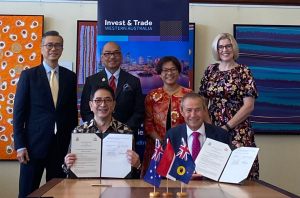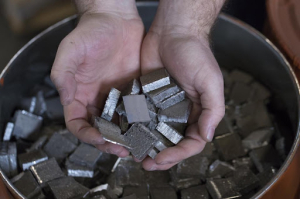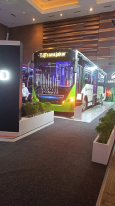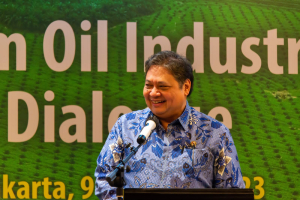Tesla's move to Malaysia shook Indonesia's goal to create comprehensive electric vehicle supply chain ecosystem
Tesla's choice to establish its electric vehicle (EV) car manufacturing operations in Malaysia dealt a significant blow to Indonesia's aspirations of attracting investments to create a comprehensive EV supply chain ecosystem.
Indonesia's strategies regarding nickel downstreaming are designed to leverage the nation's substantial nickel reserves and ore production.
These policies aim to add value by processing raw nickel ore into higher-quality nickel intermediates. These intermediates play a crucial role in the production of stainless steel and nickel cobalt manganese (NCM) batteries used in electric vehicles (EVs).
Downstreaming policies yield result
Indonesia's nickel downstreaming policies have yielded positive outcomes in terms of attracting investments. In 2020, Indonesia implemented a ban on the export of raw nickel ore to entice investments, particularly in nickel smelting facilities.
Within a year, the country secured investments and commitments from Chinese firms amounting to approximately $30 billion for downstream activities. As of July 2023, there were already 43 nickel smelting facilities in operation, 28 under construction, and 24 in the planning stages.
Shift in raw materials may cause challenges
Indonesia processes its laterite nickel ore using two distinct smelting methods. One approach, well-suited to Indonesia's nickel ore characteristics, employs pyrometallurgical (class 2) treatment for lower-grade nickel, resulting in the production of nickel pig iron, a crucial component in stainless steel manufacturing.
The other treatment (class 1) is used for higher-grade nickel and involves a high-pressure acid leaching (HPAL) process to produce mixed hydroxide precipitate (MHP), which is used in lithium-ion NCM battery cathodes. Most of the recent smelting investments have focused on producing high-grade class 1 nickel for NCM battery cathodes, driven by the increasing demand for EV batteries.
However, a cause for concern arises from the emerging trend among major EV manufacturers, including Tesla, which are shifting away from nickel in favor of a mineral combination known as lithium-iron-phosphate (LFP) as their primary source for EV batteries.
These minerals are more accessible and cost-effective. If this shift becomes widespread, it could pose a significant challenge to Indonesia's ambitious plans for nickel downstreaming.
Tag
Already have an account? Sign In
-
Start reading
Freemium
-
Monthly Subscription
20% OFF$29.75
$37.19/MonthCancel anytime
This offer is open to all new subscribers!
Subscribe now -
Yearly Subscription
33% OFF$228.13
$340.5/YearCancel anytime
This offer is open to all new subscribers!
Subscribe now







